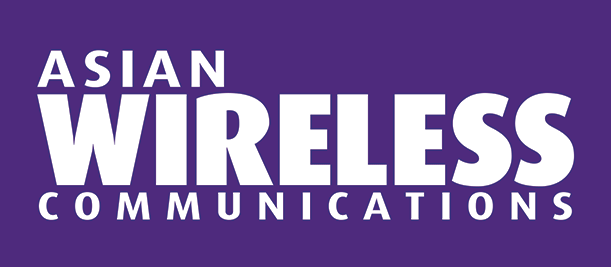26 June 2025
.jpg?lu=389)
The service was introduced in Hyderabad and select other cities, targeting enterprises, businesses, gated communities, and individual households.
BSNL Chairman and Managing Director A. Robert J. Ravi highlighted that the Q-5G FWA platform is built on a fully indigenous, direct-to-device architecture, utilizing a core stack developed and integrated by Indian vendors. This initiative aligns with the government’s Atmanirbhar Bharat (Self-Reliant India) campaign, aiming to make the country more self-reliant, efficient, and globally competitive.
Ravi announced plans to expand the pilot to additional cities — including Bengaluru, Pondicherry, Visakhapatnam, Pune, Chandigarh, and Gwalior — by September 2025, as part of BSNL’s broader 5G rollout strategy.
BSNL was allocated spectrum in the 700 MHz, 3300 MHz, and 26 GHz bands in April by the Department of Telecommunications (DoT). While the operator plans to launch its standalone 5G mobile services in Delhi later this year, the project has faced challenges—mainly due to restrictions on using only indigenous equipment and ongoing disputes with vendors over revenue sharing models.
Despite these hurdles, BSNL has seen some success in deploying private 5G networks, notably securing a deal in January with local IT systems integrator Echelon Edge to establish a private 5G network at a Coal India Limited coal mine in Madhya Pradesh, demonstrating its ongoing efforts to expand 5G infrastructure in the country.






